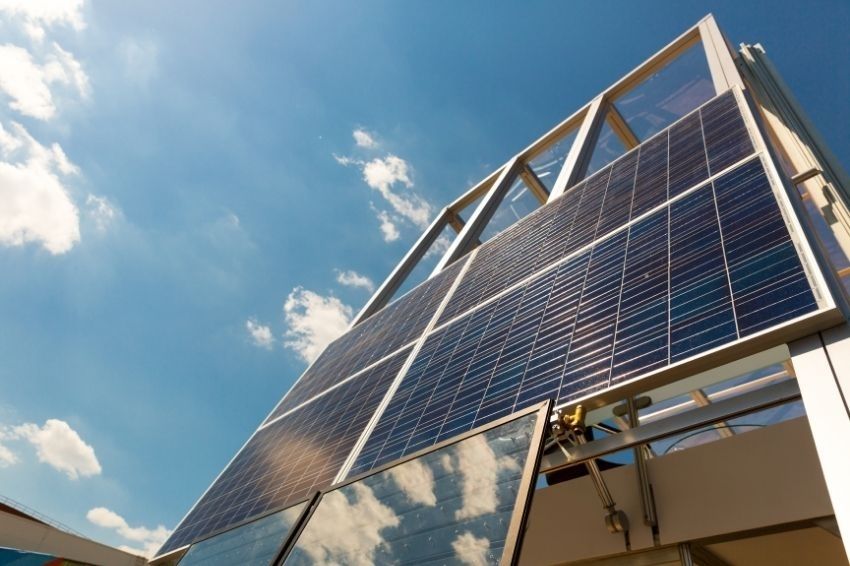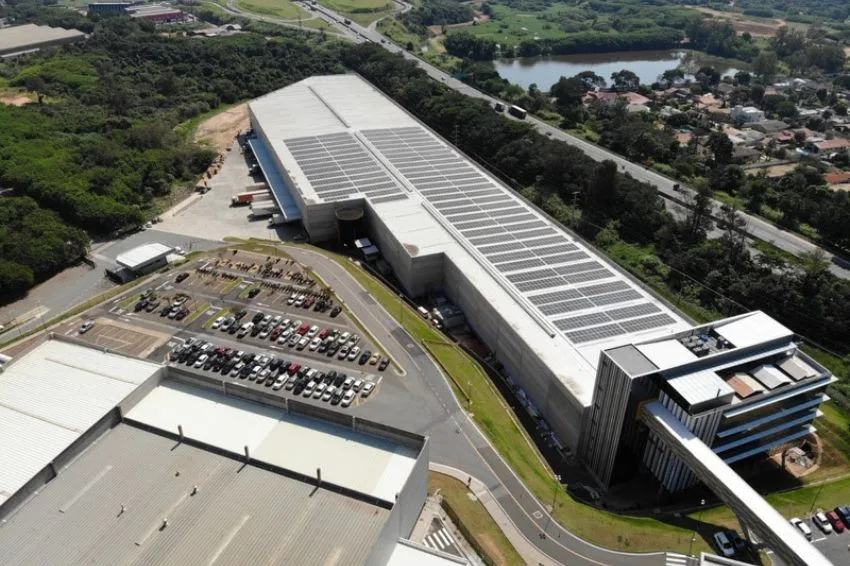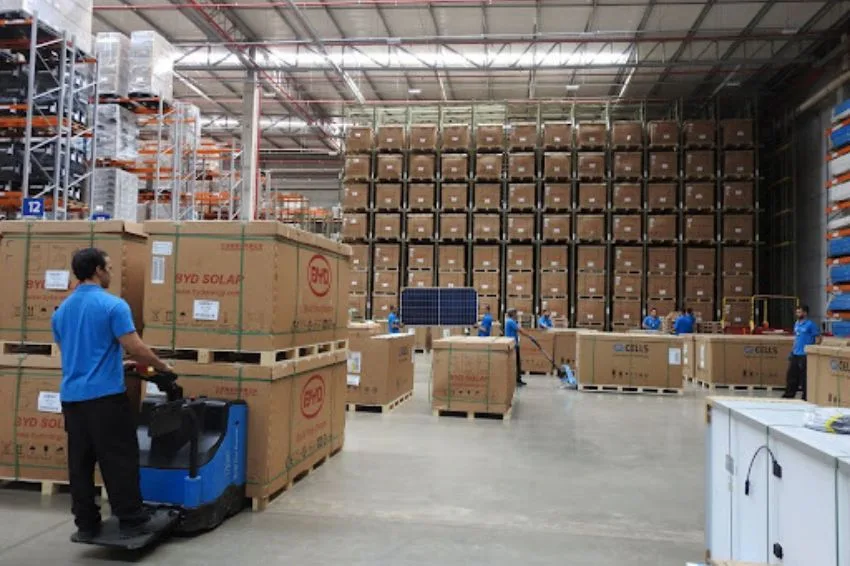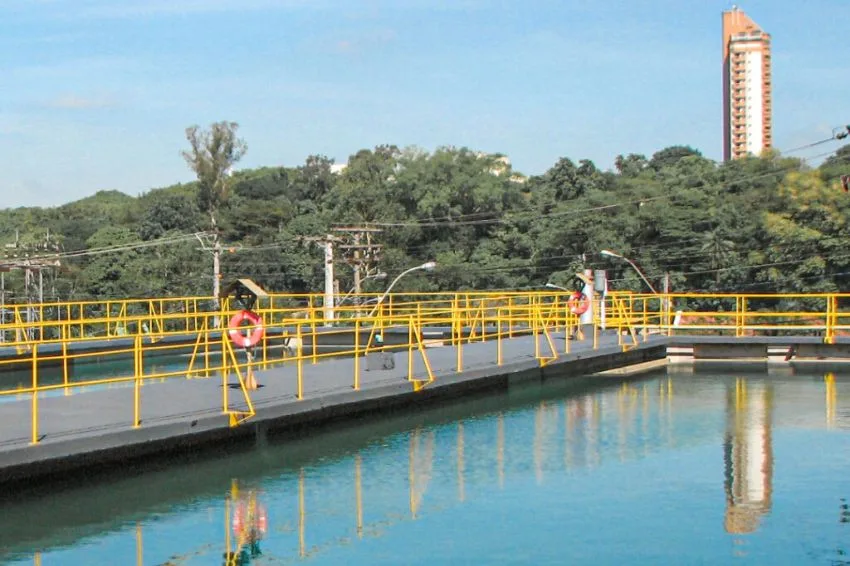With collaboration by Henrique Hein and Giuliana Olivieri
Today is April 1st, better known as April Fools' Day in many countries.
Therefore, the Solar Channel separated some lies that have probably already been told to you about photovoltaic DG (distributed generation), and interviewed sector experts to clarify these myths that circulate on the internet and play “tricks” on many people.
Solar DG brings more jobs, income, revenue and sustainability to society. This technology also helps Brazil in its economic recovery with more resources for governments to invest in health and other essential services, in addition to generating savings on electricity bills.
“It is important to highlight that the money saved on the solar energy consumer's electricity bill is reinjected into the economy and helps to move the commerce and services sectors, boosting local economic activity”, highlighted Ronaldo Koloszuk, president of the Board of Directors of ABSOLAR (Brazilian Photovoltaic Solar Energy Association).
According to the association, the forecast for solar DG in 2021 is the generation of 118 thousand new jobs, more than R$ 17 billion in investments and more than R$ 4.5 billion in revenue for public coffers.
ABSOLAR redid the calculations, based on data presented by ANEEL (National Electric Energy Agency), and concluded that the Solar DG can even generate billion-dollar revenues for the electricity sector.
Lies
A widespread myth circulating in the sector is that those who do not have solar distributed generation pay a subsidy to cover those who do, and that the poorest are paying for the richest, investors and large companies.
However, according to the association, this is not true. DG is used mainly by homes, small commercial and service businesses, rural producers, industries and public buildings.
Projects in popular housing and communities are increasingly common. Like cell phones, now accessible to the entire population, distributed generation is becoming increasingly democratic.
Read more: 1st solar energy cooperative in a Brazilian favela has started work
Pedro Drumond Júnior, operations director at Loja do Integrador and commercial director at RH Renováveis, also shares this premise and highlights that the benefits generated to society by GD are very large and result in positive impacts when compared to any incentive received.
“Job creation, tax collection, technological development and reduction of environmental impact are just some examples of these benefits. The solar source is increasingly cheaper and more accessible, and is also found in lower-income homes, rural systems and small businesses”, he pointed out.
The executive also commented that credit lines are being expanded and in some cases the amount paid for the loan installment may be less than the savings on the invoice. “In other words, immediate savings for consumers”, he highlighted.
Read more: Banks expand credit lines to finance renewable projects
“Today, the level of DG penetration is very low compared to the countries that lead the use of this technology. However, even with possible changes in regulation in the short term, the most realistic perspective is that the photovoltaic energy market should continue to grow”, he said.
For the expert, electricity rates tend to increase, and the prices of equipment and services tend to reduce. “Environmental aspects have become premises in the selection of public policies and strategic decisions by governments and companies around the world. Therefore, there is no doubt that there is still a lot of room for the development of this sector, especially over the next 10 years”, he concluded.
According to Bernardo Marangon, a specialist in the energy market, consumers who do not have this technology actually enjoy several benefits brought precisely by people who have renewable energy in their homes or businesses. Among the benefits are: lower electrical losses, relief in system operation, less use of thermoelectric plants and the postponement of investments.
“The great advantage of photovoltaic energy is that it contributes to Brazil's energy matrix, which avoids the dispatch of more expensive sources of energy. We are currently experiencing a problem in our reservoirs. They are low and there is concern whether they will be able to recover at the end of the wet period. In this sense, solar helps not only the system as a whole, but also consumers who do not have plants”, he emphasized.
“Photovoltaic generation is fundamental today. We currently have two peak times for the system, one in the evening and the other in the afternoon, which also represents a large volume of consumption, made worse by the use of air conditioning during this hot period. In other words, if solar plants generate energy at this time, when the grid is overloaded, we are avoiding new investments and consequently a higher tariff for everyone”.
Marangon also reported that solar helps the country's economy, as it benefits jobs. “When you decentralize investment, more companies, jobs and opportunities are created. Photovoltaic energy employs precisely those who need it most. It offers these people an opportunity to earn a better income than they would have in other jobs. This is a point that benefits not only the electricity sector, but also the whole of Brazil”, he concluded.

















4 Responses
IN MT THEY ARE CHARGING ICMS... BUT IF THERE IS NO CIRCULATION OF GOODS, SALE OR PURCHASE, ICMS MUST BE ILLEGAL.
The truth is that the government will always find a way to deceive consumers of this technology.
Citizens don't get one!
I put it in my house, the only problem is the government of the state of Sergipe, it is already charging ICMS, on the Sun, I think it is unconstitutional, ICMS charged twice, but how can I solve it??
Is it absurd to charge for the sun?